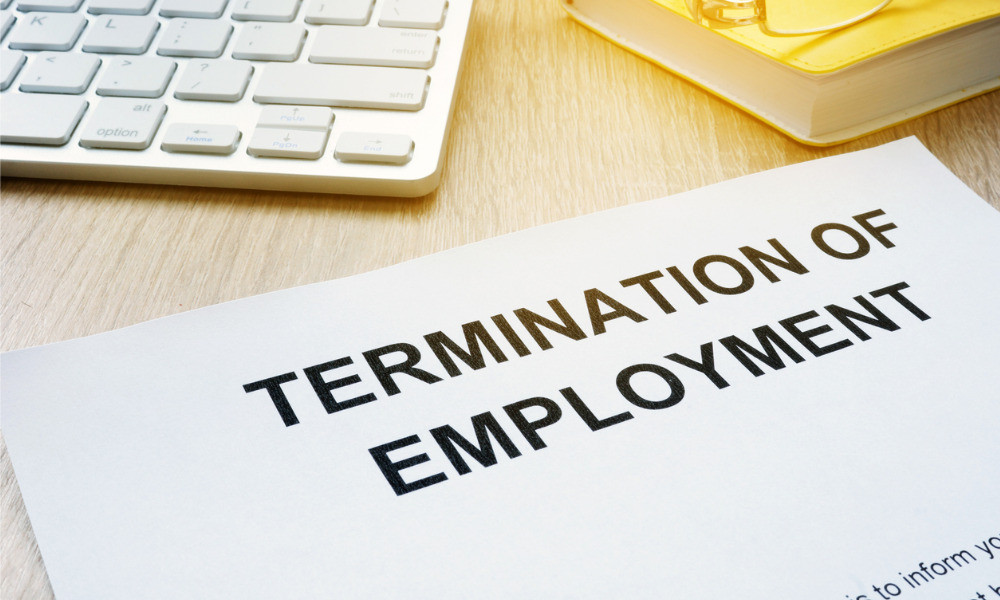
The court ruled that none of the plaintiff’s complaints disclosed a contravention of the FWA

The Federal Court has granted summary judgment in the case brought by Ahmed Hebashy against his former employer, SGS Australia Pty Ltd.
In Hebashy v SGS Australia Pty Ltd [2024] FCA 28, Hebashy, whom SGS had employed for over seven years, alleged unfair dismissal and claimed that SGS had acted unlawfully in terminating his employment.
The Federal Court's findings revealed a detailed analysis of the events leading up to Hebashy's termination. The court highlighted that despite Hebashy's attempts to plead various causes of action, the allegations failed to establish a reasonable prospect of success under the Fair Work Act 2009 (Cth) (FWA).
The court specifically addressed 10 events outlined by Hebashy in his amended statement of claim. Each event was scrutinised to determine its relationship to the claims articulated in the originating application and its engagement with relevant provisions of the FWA.
The court pointed out that Hebashy's claim against SGS was serious, based on allegations that SGS engaged in wrongful conduct with particular proscribed intent. The court emphasised that allegations of this kind need to be properly understood by a respondent, in this case, SGS, so that it can rebut the statutory presumption that it has taken the specified action for that reason.
The court identified one of the key events, which involved allegations of breach of employment contract and a guarantee in SGS's Code of Integrity. The court found that these allegations did not identify any adverse action against Hebashy or a relevant workplace right, rendering them insufficient to support a cause of action under the general protection provisions of the FWA.
Similar assessments were made for the remaining events, with the court concluding that none of Hebashy's complaints disclosed a contravention of the FWA as described in the originating application. The judgment emphasised that none of the allegations demonstrated a reasonable prospect of success, even when assessed in a manner most favourable to Hebashy.
The court clarified that the decision to grant summary judgment was not due to Hebashy's unfamiliarity with the rules of pleading. Instead, the court asserted that, upon thorough examination, none of the complaints about SGS's conduct could establish a breach of the FWA. As a result, the court ruled in favour of SGS, granting summary judgment and effectively concluding the proceeding.